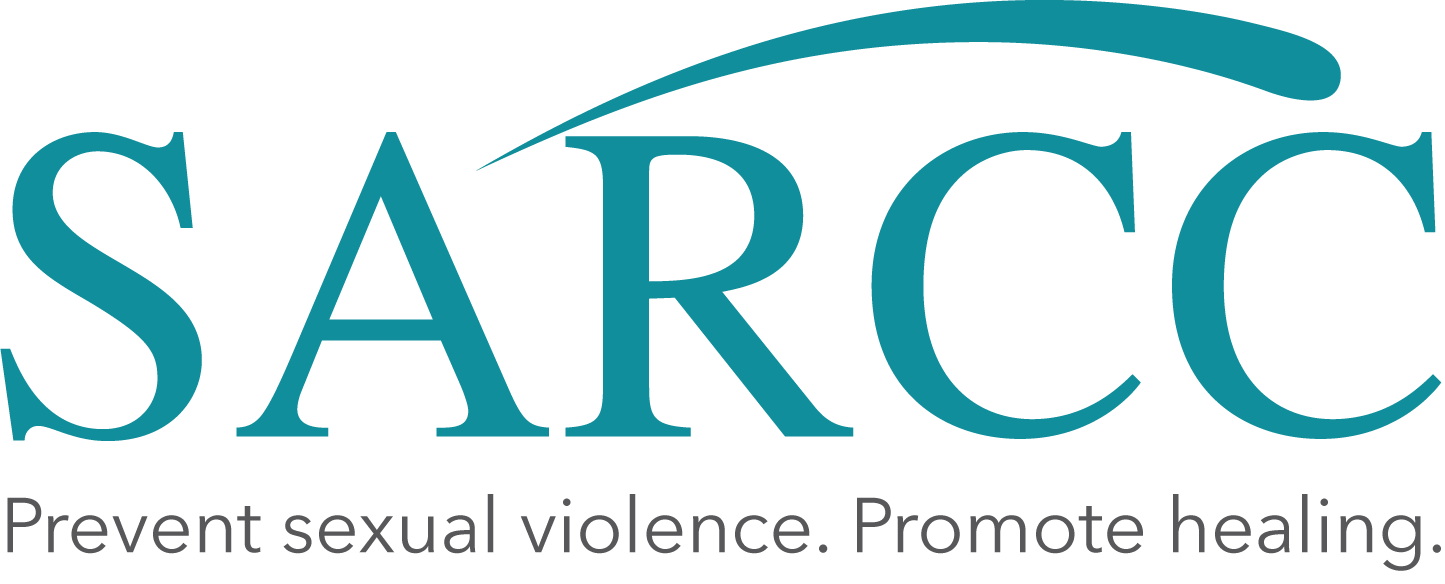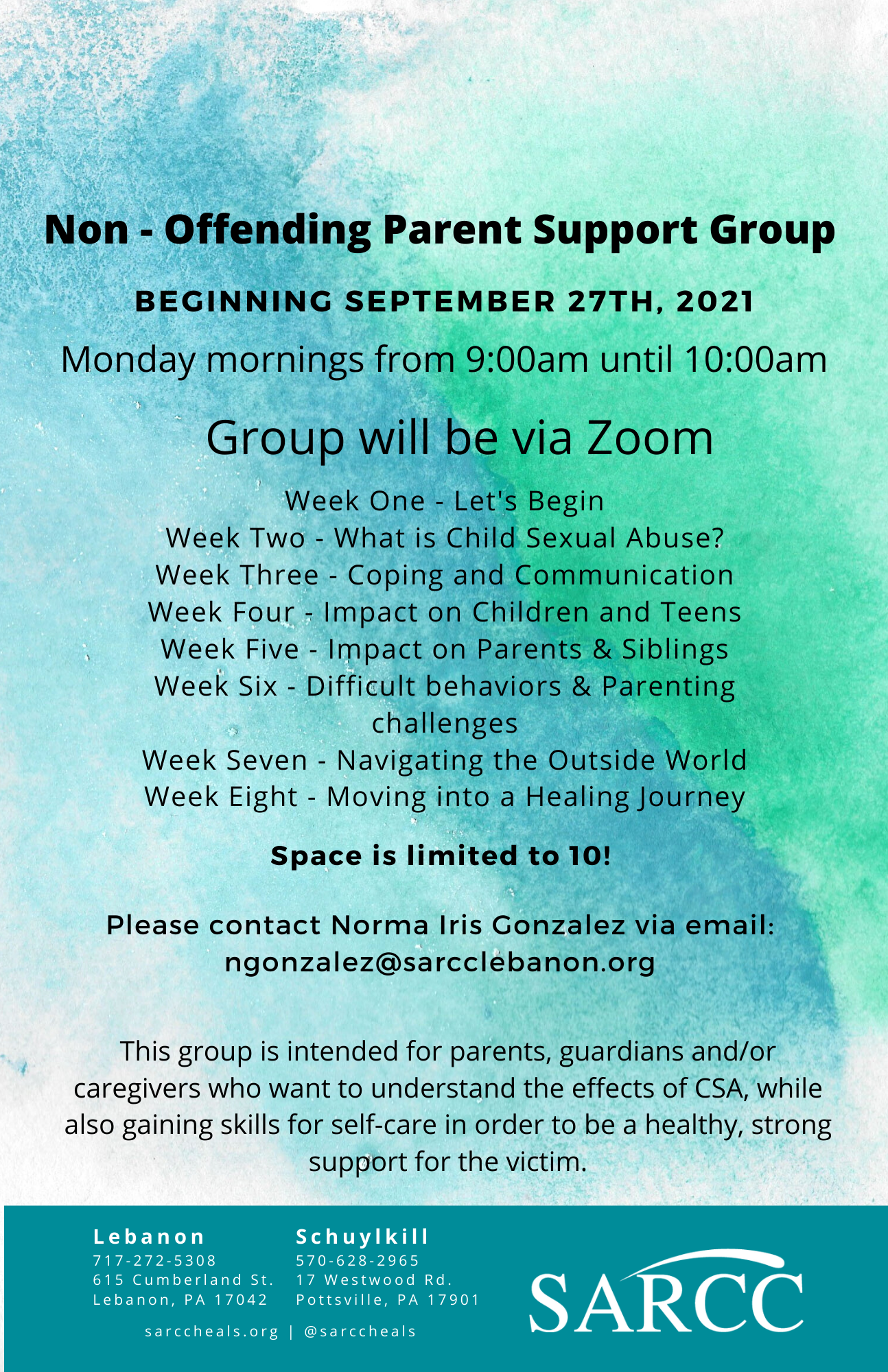Stories of Survivors
“A burden shared is a burden halved.”
T.A. Webb
We’ve been having reflective conversations at SARCC over the past few months at our staff meetings that have included discussions about how us, as individuals, are affected by work, and how the work is affected by us. It made me think about not only my job as an advocate with a lower case a, but very specifically my job as a sexual assault counselor/advocate with a capital A.
There are four reactions when I tell people what I do for a living:
1. “Oh.” and uncomfortable silence.
2. “Oh?” and one or two questions about what I do–usually, asking if I work with child victims.
3. “Oh!” and “That must be difficult work.”
4. “Oh!” and someone sharing their personal story regarding victimization.
My responses to one and two are relatively simple–I can answer concrete questions with concrete answers. My reply to the third is also relatively a basic discussion about self-care. The fourth response from others is never a surprise, but always a lesson in establishing healthy boundaries–perhaps the most unusual time I’ve ever encountered someone sharing a story about their past was during a walking tour of Tijuana.
The fact is that survivors are everywhere. We work with them, we live with them, we go to church with them, they are next to us at concerts, they are our doctors and accountants and convenience store clerks and the people next to us on the bus. And if survivors are everywhere, so are their stories.
If you’ve ever taken a writing class, there are components to a story–characters, plots, settings, timelines, details, summaries. We allow our clients to tell the worst stories of their lives. Telling one’s narrative is difficult, but imperative, to trauma work.
There is something magical when someone shares their story. Whether it’s the concept of “a burden shared is a burden halved”, or someone is finally being believed, or someone is admitting to themselves what happened was real, or some sort of ethereal experience by releasing it to the universe, it’s an experience that is real and palpable. Sometimes the stories are told with tears or with solemn numbness (and every emotion in between), but it’s a feeling of painful release that I am absolutely privileged to witness..
We all desire connection–some days more than others, some people more than others. But even for the most introverted people, connection is a human necessity. If it’s a necessity for all people, I’d say that it’s even more important for people who’ve experienced sexual violence, because trauma tends to isolate us and make us feel alone. A huge thing we can do for survivors is to listen to their stories–and sometimes listening requires establishing and maintaining healthy boundaries.
What can non-advocates say in response to these stories (in addition to adhering to mandated reporting laws if there is suspected child abuse)?
“I believe you.”
“It’s not your fault.”
“Thank you for sharing that.”
“I’m sorry that happened to you.”
“Have you reached out to anyone else for help?”
“How can I help you?”
Sometimes, verbal responses aren’t necessary. Sharing space with someone’s pain in silence, as hard as it is, may be what a person needs, too. We all have our stories about various happenings in our lives. Some are glamorous, like meeting a celebrity or a personal victory we achieved. Some stories are boring, some are exciting. Some are long-winded, some are short. Some stories have endings, and some are just beginning. Some stories are the most painful echoes of someone’s soul. But my favorite stories? My favorite stories are the ones that start with a whisper of courage and continue with a roar of hope.


